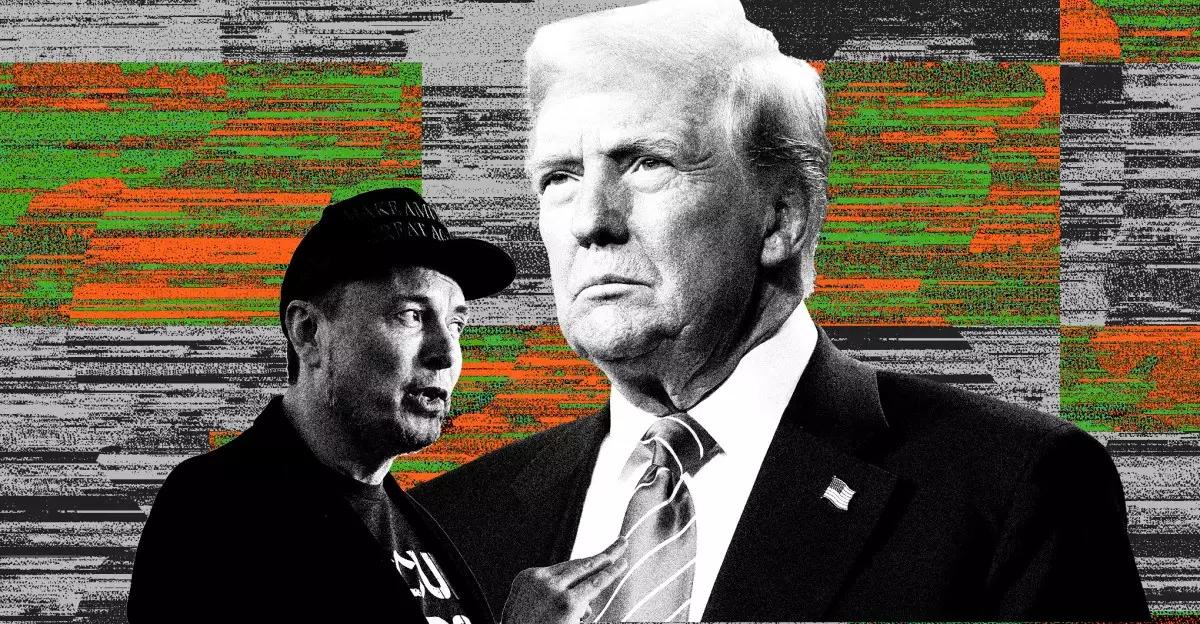In the wake of the January 6th, 2021, U.S. Capitol riots, social media platforms faced immense pressure to moderate content and enforce their community guidelines. This tumultuous period was marked by widespread disinformation and inflammatory rhetoric, leading many platforms—including Twitter, now rebranded as X under Elon Musk—to suspend accounts associated with promoting violence or falsehoods. Former President Donald Trump was among the prominent figures affected, as his Twitter account was banned due to concerns over his potential influence on further unrest. This ban dug deep into the intersection of social media, politics, and free speech, raising urgent legal questions that continue to reverberate.
Following the suspension of his accounts on various platforms, Trump initiated a series of lawsuits against tech giants, arguing that these actions infringed upon his First Amendment rights. Despite the dismissed case against Twitter, which concluded that the social media company did not operate as a state actor, Trump’s persistence has highlighted the ongoing tensions between political figures and social media platforms. His lawsuit was initially viewed as a long shot given the precedent set by Section 230 of the Communications Decency Act, which typically protects platforms from liability over user-generated content.
In recent developments, Trump’s case against X appears to have reached a notable settlement—reportedly around $10 million. This settlement, while not a legal acknowledgment of wrongdoing by X, reflects the complex negotiations and the influence that high-profile personalities wield in legal disputes against major technology companies.
The implications of the settlement extend beyond just Trump and X; they raise questions about the evolving landscape of content moderation and the responsibilities of social media giants. As platforms increasingly find themselves in the role of arbiters of public discourse, the legal ramifications of their content moderation practices come into sharper focus. Will other public figures use this case as a precedent for challenging account suspensions? This situation illustrates a tricky tightrope that platforms must walk, balancing the need to ensure user safety with the demands of public figures who claim to be unfairly restricted.
Furthermore, the settlement comes in the aftermath of various other legal actions involving Trump, including a recent decision by Meta to settle for $25 million. These settlements signal a potential shift in the willingness of companies to engage in litigations that may not end favorably.
As conversations surrounding the intersection of politics, social media, and free speech continue to evolve, Trump’s settlement with X serves as a crucial touchpoint in these discussions. The outcome reflects broader societal debates about what accountability looks like in the digital age and how far companies can go in regulating content without risking legal backlash. While the settlement provides immediate financial implications, it also opens the door to further scrutiny and possible regulatory changes regarding content moderation practices. As this narrative unfolds, all eyes will be on not just Musk’s X, but likewise how other platforms adjust in response to similar pressures and the possible legal precedents set by Trump’s ongoing battle with social media giants.

